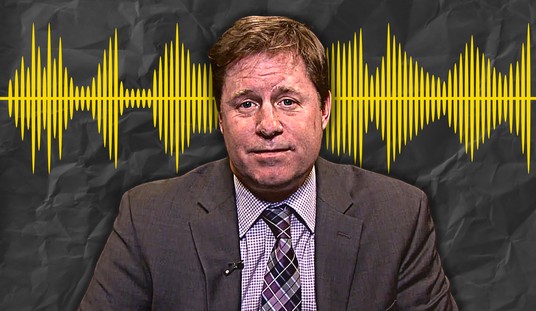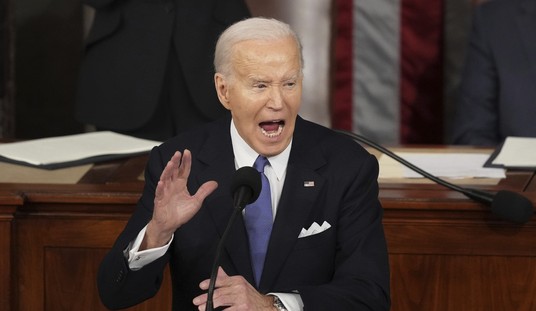Earlier this week Dean Baker took a shot at Robert Samuelson for claiming that the problems in Europe were because of the “runaway welfare” state. While I consider Dean to generally be quite thoughtful, I am not sure that comparing interest rates with levels of government spending really disproves Samuelson’s point. There is a lot that goes into differences in borrowing costs, especially across governments. Setting aside the fact that banking and financial regulations distort the government debt markets, we should also see differences due to “willingness to pay” and not just “ability to pay.” All else equal in terms of budgets, I’d still charge more to lend to Greece than Sweden.
Dean attributes the real problems in Europe to “too little demand.” Now I don’t know what the correct level of demand in any country is supposed to be, but for the level of problems we are witnessing in southern Europe, I’d suspect you’d need a pretty big hole in demand. If one buys into a standard Keynesian income-expenditure model of the economy, then a reasonable place to start looking would be final private consumption expenditures.
The chart below shows final private consumption expenditures for Greece (dotted line = right axis) and Italy (solid line = left axis). Yes, both had a pretty big drop at the end of 2008, but Italy seems to have been recovering steadily. In fact, consumption today in Italy appears about 3% higher than at the previous peak. Greece has not done so well, with consumption almost 5% below peak, but its still above the levels seen in 2007. Neither of these charts has been adjusted for inflation or population, but if demand is unusually “weak” then we’d be seeing deflation, so if anything these numbers likely understate actual trends in consumption.
Recommended
I’m not going to pretend that I’m an expert on either the Italian or Greek economy, or that this chart proves anything. It does, however, suggest to me that the problems in Greece and Italy are unlikely due to some sort of Keynesian liquidity trap where people just aren’t spending.


























Join the conversation as a VIP Member